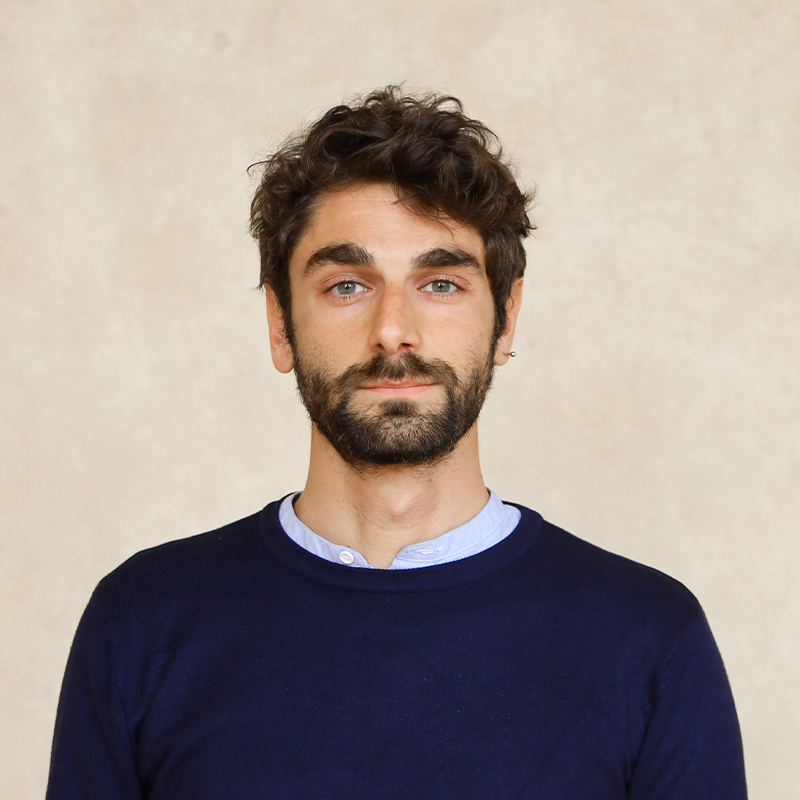
Read more
Blog
How universal are refugee rights? Insights from new data analysis
It is generally accepted that all individuals, regardless of their nationality or place of residence, possess fundamental rights simply by virtue of being human. This principle of ‘universality’ is the cornerstone of modern international...
Civil society organisations (CSOs) play a key role in helping irregular migrants access health services, but in doing so, they walk an ethical tightrope. On one hand, driven by humanitarian impulses, they strive to alleviate suffering and provide essential health services. On the other, by stepping in where governments fail, they risk perpetuating inequities in healthcare access. Our new research paper, part of the Dilemmas Project, explores what we call ‘the humanitarianism-equity dilemma,’ revealing how CSO staff grapple with it and suggesting strategies for navigating it.
Why do CSOs provide healthcare to irregular migrants?
Irregular migrants, individuals who reside in a country without regular authorisation, often find it difficult to access public medical services beyond emergency treatment. Even in countries with universal healthcare, there is often a gap between rights on paper and their implementation. That is where CSOs step in, providing healthcare to those in need.
In our research, we interviewed 40 CSO members who provide healthcare to irregular migrants in Italy and Spain. In these countries, the law provides healthcare services to all people without discrimination based on race, gender, and legal status. In practice, however, this is not always the case. As a result, many CSOs provide medical services through dedicated clinics for irregular migrants.
While they fill a crucial gap, their efforts can have unintended consequences: for example, they might unintentionally create parallel healthcare systems targeting certain (precarious) groups only, accelerate the state’s reduction of social obligations, and negatively affect the quality of care.
Given these possible unintended consequences, it is important to interrogate how CSO members understand their work and explain how they navigate these challenges. Hence, we ask: What is the meaning CSO members give to their actions?
What is the humanitarianism-equity dilemma?
Our research reveals a fundamental double-bind dilemma or ‘humanitarianism-equity dilemma’ for CSO staff who engage in medical services for irregular migrants. On one hand, CSO staff are driven by a humanitarian imperative to alleviate suffering and provide essential care to those in need. This includes emergency care, normally provided by governments to irregular migrants in European countries, as well as non-emergency medical services to maintain overall well-being. On the other hand, by stepping in where the State falls short, CSOs risk enabling the government to shirk its duty to ensure healthcare equity for all, regardless of factors like migration status. This trade-off between humanitarianism and equity creates a tough ethical dilemma for CSO staff.
How to navigate the humanitarianism-equity dilemma?
CSO staff who acknowledge the existence of the humanitarianism-equity dilemma generally navigate it by doing more than “just healthcare”. Where possible, they can devise strategies to integrate their services into public structures. Where not possible, they do advocacy and strategic litigation to hold public authorities accountable and create pressure on them to take greater responsibility. It is through these actions that CSO staff feel they can impact the broader social context in which they are situated.
Of course, some CSO staff either do not notice or intentionally ignore this dilemma. This is the case of those who decide to purse the value of humanitarianism above all else, even at the cost of potential considerations of equity . While perhaps driven by what they feel is a moral imperative, by choosing a single focus on humanitarianism, they essentially demonstrate support for a system where care is provided by separate organisations for separate populations—and ultimately, this type of system raises significant equity concerns and counters values of universalism and fair treatment for all people.
From service provider to political actor
Regardless of how CSOs make sense of this dilemma, what we find is that CSO staff involved in the provision of healthcare to irregular migrants do not simply provide services. They also play an inherently political role, either by resisting unequal provision of services through lobbying, advocacy, and litigation, or by essentially subscribing to a tiered system of healthcare. Our argument logically extends to other areas of intervention, such as housing or education, where CSOs often find themselves supplementing services for populations entitled on paper but lacking effective implementation by public institutions. We suggest that in these cases, too, CSO members might find themselves walking an ethical tightrope.
We need to have a deeper understanding of these dilemmas in order to identify strategies that can be employed to anticipate their unintended consequences. As our research identifies, the presumed neutrality and impartiality of humanitarianism is—at least in this case—an illusion.
To explore this topic further:
- Read the full paper in Comparative Migration Studies
- Learn about the Protecting Irregular Migrants in Europe (PRIME) project
- Investigate other ethical dilemmas in migration
Lorenzo Piccoli is a research fellow at the Migration Policy Centre at EUI’s Robert Schuman Centre for Advanced Studies.
Roberta Perna is a a permanent researcher at the CSIC Institute for Public Goods and Policies.


